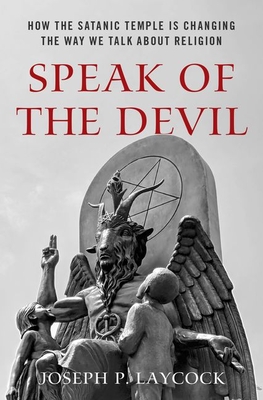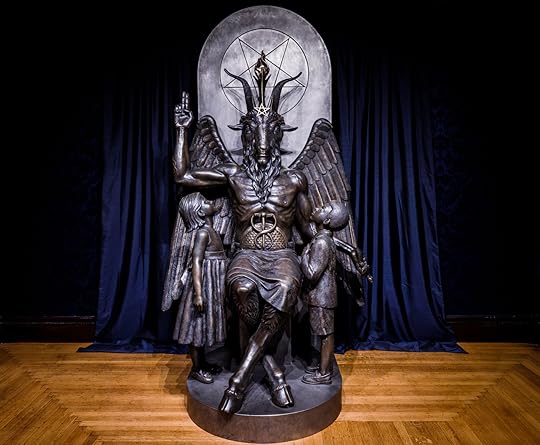What do you think?
Rate this book


272 pages, Hardcover
First published February 17, 2020
Let us stand now, unbowed and unfettered by arcane doctrines born of fearful minds in darkened times. Let us embrace the Luciferian impulse to eat of the Tree of Knowledge and dissipate our blissful and comforting delusions of old. Let us demand that individuals be judged for their concrete actions, not their fealty to arbitrary social norms and illusory categorizations. Let us reason our solutions with agnosticism in all things, holding fast only to that which is demonstrably true. Let us stand firm against any and all arbitrary authority that threatens the personal sovereignty of One or All. That which will not bend must break, and that which can be destroyed by truth should never be blobkquote its demise. It is Done.

“Suppose [a person] had a basket full of apples and, being worried that some of the apples were rotten, wanted to take out the rotten ones to prevent the rot spreading. How would he proceed? Would he not begin by tipping the whole lot out of the basket? And would not the next step be to cast his eye over each apple in turn, and pick up and put back in the basket only those he saw to be sound, leaving the others?
In just the same way, those who have never philosophized correctly have various opinions in their minds which they have begun to store up since childhood, and which they therefore have reason to believe may in many cases be false. They then attempt to separate the false beliefs from the others, so as to prevent their contaminating the rest and making the whole lot uncertain.
Now the best way they can accomplish this is to reject all their beliefs together in one go, as if they were all uncertain and false. They can then go over each belief in turn and re-adopt only those which they recognize to be true and indubitable.” ― René Descartes, Meditations on First Philosophy